
It’s
a refreshing experience to meet an intelligent woman who celebrates
and supports her gender. Representing
the few exceptional female directors in Hollywood, I admire and applaud Sue Kramer’s vision and determination.
She is grounded, driven and encouraging.
Inspired by her sister’s personal life altering revelation,
Kramer makes her directorial debut with her first feature film GRAY
MATTERS.
Although
classified as a romantic comedy, Kramer adds a unique and edgy
flavor to an otherwise conventional formulaic blend fortifying its
originality. GRAY MATTERS is a
clever and humorous script about a brother and sister who both fall
for the same girl. However,
unlike other romantic comedies, this film carries a consistent
element of surprise and an underlying positive message: the
importance of gaiety and embracing your true self.
I had the honor of meeting Kramer last week to discuss her
experiences in making this film, honoring her sister, working with a
wonderful ensemble cast and being a minority in Hollywood. Check out what she had to
say about her original soon-to-be- released film, GRAY MATTERS.
Sue
Kramer

Tell us about screwball comedy. What was the first best gay
screwball comedy you ever saw?
I
don’t think I can remember a gay screwball comedy but I can
remember that my favorite screwball comedy is His Girl Friday.
That’s definitely the Preston Sturges of the world and those
directors are people I definitely wanted to pay homage to – to walk
very far miles in their foot steps but those are the movies that I
loved. Billy Wilder and William Willer; those are my
heroes.
Having two women who
dance in the film gives it a certain Woody Allen-esque like feel to
it. Did you tread
consciously?
There was never a moment when I was writing the script…the
script is very much the movie. It’s
not veered in any way. I wrote that title sequence, I picked the
shots that I wanted in the script and I got those shots. Maybe
I put a few extra ones when we were here and I saw some great shots
to take. I never was thinking, ‘Oh I really want this to be
Woody’ or people have been making references to Norah Ephron.
[I wasn’t like] ‘Oh I really want this to be like a Norah
movie’ or ‘I really want this to be His
Girl Friday’.
It was more you know you…I grew up in a culture and artists
are influenced by people constantly. Whether you are a
painter, writer, director and so I think all these people are my
influences even subconsciously but it wasn’t consciously.
There was nothing consciously that I was thinking that I really want
the banter to be like His Girl
Friday. It’s kind of what I write. I write very
bantering dialogue in all the screenplays that I have written prior
to this it’s always what I have done. I love
New York
. I am a New Yorker and I see
New York
as a jewel box. I love those Woody movies that make you think I love
living in N.Y. So it’s more about just being influenced
through my whole life but it wasn’t purposeful.
Can you talk about how
you got Sissy Spacek to act in your film AND climb a wall?
Well Sissy and I have been dear friends. We met in
these crazy circumstances about ten years ago. Her husband and
I met first. Then we started working on a project that we were
trying to develop together that actually she was going to direct.
A book adaptation so we became even closer. Knowing Sissy as
personally as I do she has an amazing sense of humor but people
never think of her for comedies because she is an amazing dramatic
actress. She is so funny in person that I thought ‘wouldn’t
it be great to write something for Sissy so people can see how funny
she is?’ She has this really dry sense of humor.
So I wrote this role specifically for her and then gave it to
her and was lucky enough for her to say that she would do it.
That was a great calling card because people love Sissy so much and
admire her so much that other actors really wanted to come on board
or read the script. She is the greatest trooper in the world.
We had a stunt woman dressed in her exact clothes perfectly ready to
do that rock climbing day. Sissy would not let them do it. She
did the fall herself, she did all the climbing herself, she did
everything herself. Sissy got in shape beforehand by going to
a rock climbing gym which she never did in her life. She
really trained for the part and when Sissy got there she was like
‘nope I want to do it myself’. My producing partner [said]
‘If Sissy Spacek gets hurt we are going to be killed. Are you sure
you want her to do this?’ I kept asking Sissy ‘Are you sure?’
She was like ‘no I can do this’ and she did it a couple of times
actually. We didn’t have to do many takes but a few times.
It was historic when
Sofia Coppola was nominated for an Oscar for directing and Bridget
Moynahan just said that you were the first woman director that she
ever worked with. Why is it so rare in the year 2007 to find women
directing film?
I would love to know the answer. Last I heard there is
only six percent of the director guild who are directing features.
More on Television, I think it is thirty percent. Only three
or four percent who are writers, director and in my case producers
as well and
Sofia
is the same way. It is really a hard question to answer I
think that unfortunately we are a very big minority. As much as
Hollywood
is being run by a lot of women right now in terms of being president
of the studios. Between Nina Jacobson, Amy Pascal and Terry
Lansing they are all very powerful.
Oh and who runs DreamWorks Stacey Snider. I think between all
these women you would think that they would be hiring more female
directors but it’s not the case. Also unfortunately in
Hollywood
I feel like women don’t help women. That is something I
would really like to change. I think that women get very
territorial when they get to a certain position of power in
Hollywood
because it is so hard to get there. It’s a male dominated
world and once you get there you feel like you have to just stay in
your territory. They therefore don’t feel like they need to
help that many women. There are many exceptions to the rule
but in terms of the generalization I have felt that in my career.
I would love to break that trend because I would love to see
many more women directing.
Can you talk about what
Alexander Payne [executive producer] brought to the table?
Well Alexander and I went to film school together. We
worked on each others films in film school and we have been dear
friends ever since. When I was trying to get my movie made I
thought to myself ‘well he had these films made it would be great to
have him on board.’ Especially with foreign financing with his
stamp of approval, they thought ‘okay there is someone she can turn
to all the time as a first time director.’
Luckily there was no problem but I would turn to him when I
was going over my story board.
Originally we were going to have thirty-five days to shoot
the movie and then it got cut to twenty-one.
I remember saying to him ‘I can’t do it.
I think I should tell them I can’t do it.’ Alexander
told me to tell them I can do it. ‘You can definitely do it.
You just go through your shot list and you will just have to
consolidate and think which is the best shot.’ So he was very
helpful in terms of that. He was very helpful right before I handed
in my director’s cut, giving me notes. Everyone loved the kiss
in the movie.
For everyone who loves the kiss in the movie you have to
thank Alexander Payne for making it longer. I showed him the
first cut and he was like ‘I think this should be longer.’ I
said, ‘really you think I can go that long with the kiss’ and he
said ‘yes’. He gave me that which a lot of people are
thanking him for these days.
What does a twenty-one
day shoot mean in terms of the budget?
They would [prefer] that I don’t [reveal] the budget but it
is a very small budget. Smaller then you probably think even in a
small way.
You sister was the
inspiration for this film. Can you talk a little about that?
I have two sisters. I
am the youngest, my sister Carolyn is six years older. This
was really to honor her because she was saying that there was never
a movie that she could take everyone to – for gay, straight,
parents, sisters everybody to go and be completely entertained and
learn something with a gay character being the lead. She was giving
examples then I really studied it in terms of the history of
Hollywood. There has
never been really a great, clever, intelligent leading lady lesbian.
You look in the history of Hollywood during the thirties there were
always gay characters. From the gay butlers of the 1930’s to Peter
Lorre in The Maltese Falcon
or Tony Curtis in Spartacus.
Even the spoof in the Billy Wilder movie Some
Like It Hot, they are cross dressing.
Whatever it is there has always been a gay male character but
there hasn’t been in terms of lesbian. They usually have
been scary like The
Children’s Hour and all kind of strange. Even now with Notes
On A Scandal, she is brilliant but scary, like a stalker
lesbian. She thought that In and Out was a great example because it was very commercial, that
everyone can go see and there was nothing equivalent. That was
one of the ideas but I also wanted to honor her because she is a
very attractive girl-next-door type. Carolyn [my sister] was
the prom queen in our high school, she dated all the guys, she was
one of the most popular girls in school. She was not a
lipstick lesbian she was just a very attractive girl-next-door.
I wanted to do something that portrayed a character like that.
As a writer did you
always think that you were going to direct this piece?
Yes, absolutely. I was always going to direct this movie.
I was supposed to direct a movie about ten years ago.
We had an amazing cast including Anne Bancroft in one of the
leads. Ultimately before we were right about to go into production
it got pulled two months before the studio went bankrupt. It
took me a long time to recover from that experience. Then I
wrote Gray and I said ‘Okay this is going to be the one’.
It has been a seven year struggle.
You knocked on a lot of
doors?
Beyond. My knuckles are
soar from the door knocking.
You and Alexander Payne were peers but he moved up so quickly. How
does it feel as a woman working and training with men who are all
getting the jobs?
We had an extraordinary group of filmmakers, our little group
of six people. We all have gone on, I’m the late bloomer in the
group, to make great movies. Alexander Payne being one of
them, Brad Silberling and Niels Mueller who did The
Assassination of Richard Nixon. We all are making movies
but I don’t think it is because they are male that they got their
movies made. I think that Alexander, Brad, and Niels were
extremely talented in film school. They all made wonderful
films so I think their talent had a lot to do with it.
Alexander bloomed late in a way. He was trying to get a movie
made for a really long time up until seven years ago.
Would you categorize
this film as a chick-flick and do you consider that to be a negative
interpretation?
Well people have been asking me what do you think, is this a
chick-flick or a date movie or what? How
would you define date movie? Well date movie means that
a guy will like it versus going out with all your girlfriends. I
think this is a movie for everyone and that’s what we’ve been
discovering in all of our screenings and film festivals.
People from all ages like the movie for different reasons. I
even screened it in Washington for congress and senate last week.
I had republican senators come up to me afterwards saying
that they loved the movie. I don’t think that the chick-flick
thing is so derogatory. I think it’s derogatory only if you make
it derogatory because if you are going out with a bunch of your
girlfriends it can be a chick-flick. I don’t think this is
necessarily a chick-flick. I
think this is a movie that can really appeal to a lot of everyone.
Guys also really like the Bridget Moynahan and Heather Graham kiss.
So it can be a guy movie.
Nancy Meyers was just
saying that audiences are too cynical for romantic comedies these
days because television has jaded them. Do you agree with
that?
I don’t actually. I think that critics can sometimes
be cynical towards romantic comedies even more than the public
actually. Right now we have soldiers going to war, we have
elections coming up – it is such a precarious time in terms of
United States history. I think that people really want
to go to the movies and laugh right now and that’s what we are
finding out. I think that in terms of critics, romantic
comedies have always been more criticized than most genres.
Because when we walk into a theater, we have these preconceived
notions in your head. ‘Is
it going to be a When Harry Met Sally? Is it going to be a Pretty Woman?’ Romantic comedies are known as the formulaic
screenplay. So that’s part of it. I think though
audiences do want to see romantic comedies and really be entertained
by them.
Don’t you think it is
more of the fantasy because as a critic when I see these movies I
say, ‘well that can never happen in real life.’ Do you think
people just want that escapism?
I think that people do as long as there is something very
grounded in the theme of it or incredibly romantic. I mean
people want to be romanced and laugh. When I was writing
the screenplay I went to film school, I studied screenwriting and
you always talk about the formulas of all these different movies.
Boy meets girl, boy looses girl, boy gets girl. So I was
thinking how can I turn this on its head. How can I come up with
something that was still in the formula of a romantic comedy but
make it original. So I thought a brother and a sister falling
in love with the same girl was original. Also you haven’t seen a
brother and sister relationship before other then You
Can Count On Me. In addition, throwing in the whole tip of the
hat to the 1940’s I thought that would also bring something.
Why did you choose
Heather Graham?
I met with Heather and I met with many actresses to play the
role of Gray. Heather and I met for lunch and within the first
ten minutes of meeting her I thought she is my Gray. Because
she is much like Gray in person. She is very idiosyncratic
about the way she orders food. She was eating my food across
the table within five minutes of eating. I was thinking she is
reaching over taking my avocado and I just met this girl. Heather
was giving the waiter complete recipes for the food.
Not only just saying can ‘we have half and half’ but
literally saying ‘if you tell the chef to cook the chicken…’
I was like ‘Oh my god, she is telling the chef how to cook the
chicken.’ That lunch was why I gave Heather the job. Also, I
was a fan of Heather’s from Drugstore Cowboy and seeing her career
evolve. I thought she really has never been given the
opportunity to be a true blue romantic comedy star like a Reese
Witherspoon or Cameron Diaz. I thought she had it in her.
She has this very young Goldie Hawn kind of feel about her.
Very bubbly and effervescent and not too conscious of herself.
Those were all the things I was looking for in the person.
Did your sister partake
in the casting process as well?
She
did not with the exception of Julia Bartlett’s character played by
Rachel Shelley. She cast
her completely and wouldn’t let me meet with anybody else [for her
role]. She was like
‘This is Rachel’s cellular. Don’t
meet with her, don’t meet with anybody else!’ I was annoyed and said
‘Stop, I have to meet with other people.
I’m casting a movie.’ Then I met with Rachel and said ‘Okay,
you’re right.’
Do you have another
movie or script that you are working on already?
I just finished another script that I am going to be
directing this fall. It is a romantic-dramedy.
Fewer women are cast as
leads in romantic comedies than men.
Can you talk about putting a woman in lead?
Well I think it is interesting because once again in the
history of Hollywood women used to be the ones that made the
movies. It was the Carol Lombards and the Betty Davis’ were
bigger deals than the men. They were actually paid more than
the men and they were the ones who got the movies made. Things
have completely turned around now because now you need the guy to
get the movie made. It’s the guy that holds the power.
There are so few women that can get a movie box office which
means a very small handful that can get a movie greenlight.
Julia Roberts, Sandra Bullock, Cameron Diaz and a few others
but many more men. That was the struggle with getting this
film made. People were turning me down because it was too much
of a girl lead. They
wanted me to turn it around and make it still her story but make the
brother’s a bigger role and get a bigger guy star. I never
wanted to do that. So it is kind of an anomaly for a big role
being her story. I would like to see more of that. I am
doing the same thing in my next movie.
On a personal level
when Heather came out in the film, Tom was like thank God I knew all
along. Is that how you felt about your sister?
Oh yeah, when I was ten and she was sixteen she was so
depressed and introspective. She kind of had this alter-ego
because she was the most popular girl in high school and then she
would come home and be so depressed and reclusive. I was like
‘what is the big deal I know why you are so depressed’ and she
was like ‘why’ and I said ‘because your gay.’ Then she came
out about seven years later which was the biggest deal in her life
for her to tell me. Then when she told me I said ‘hello I
was ten when I told you that you were gay.”




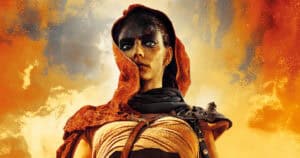
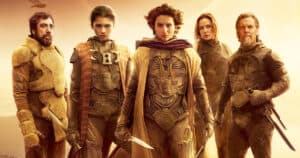

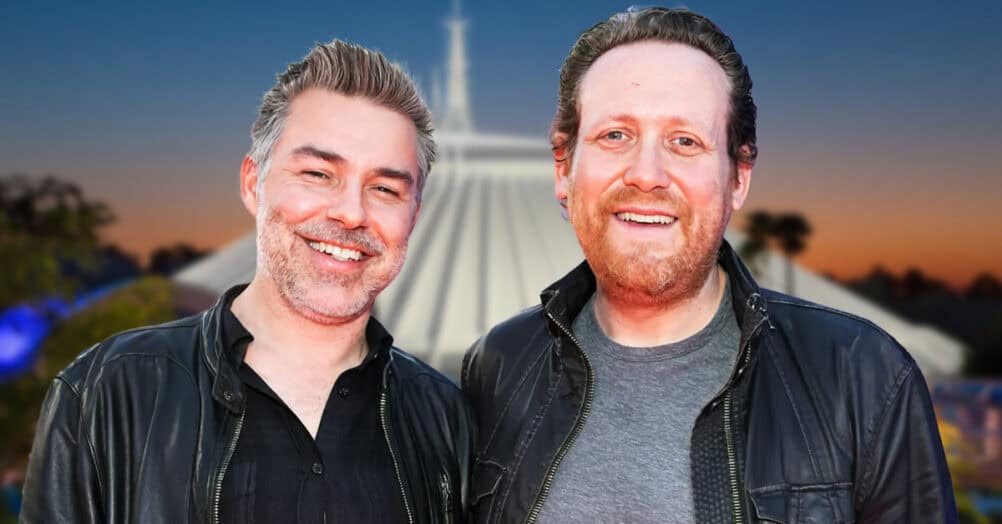
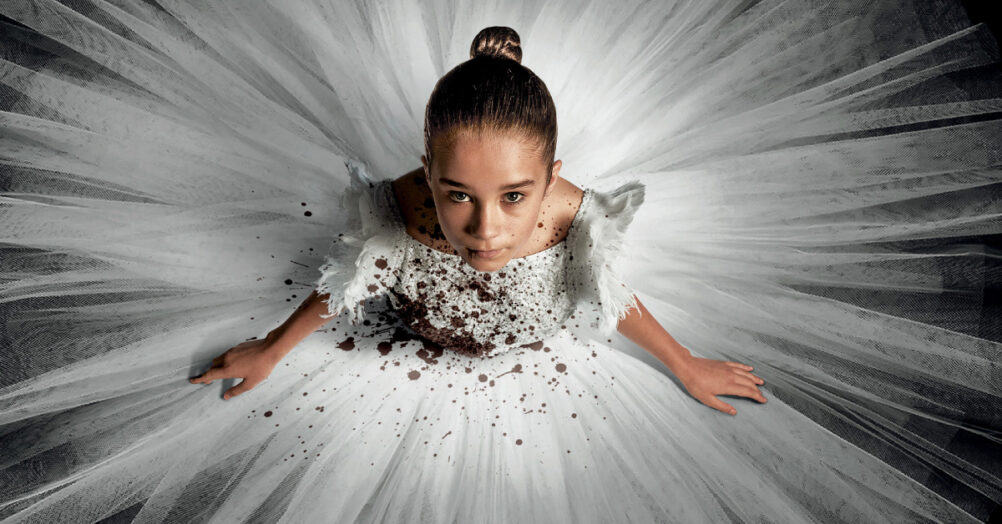
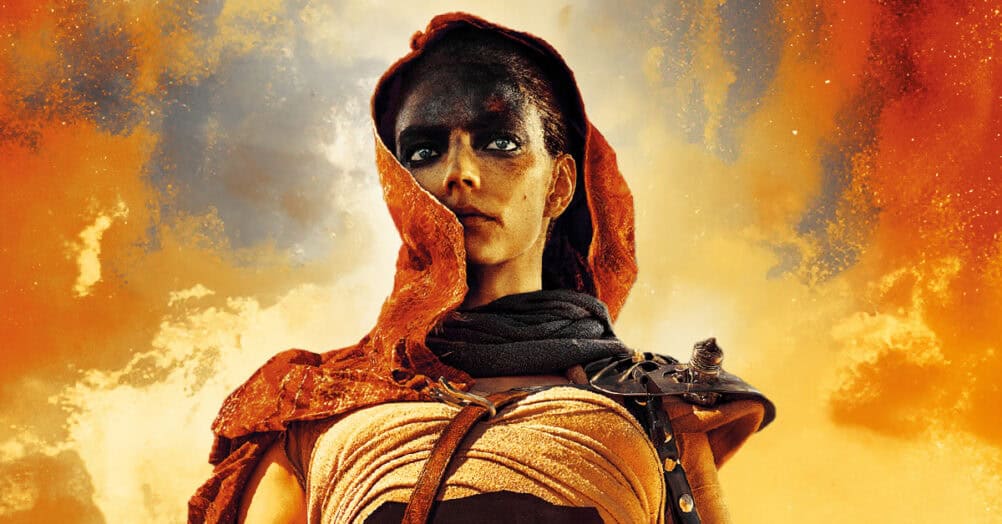
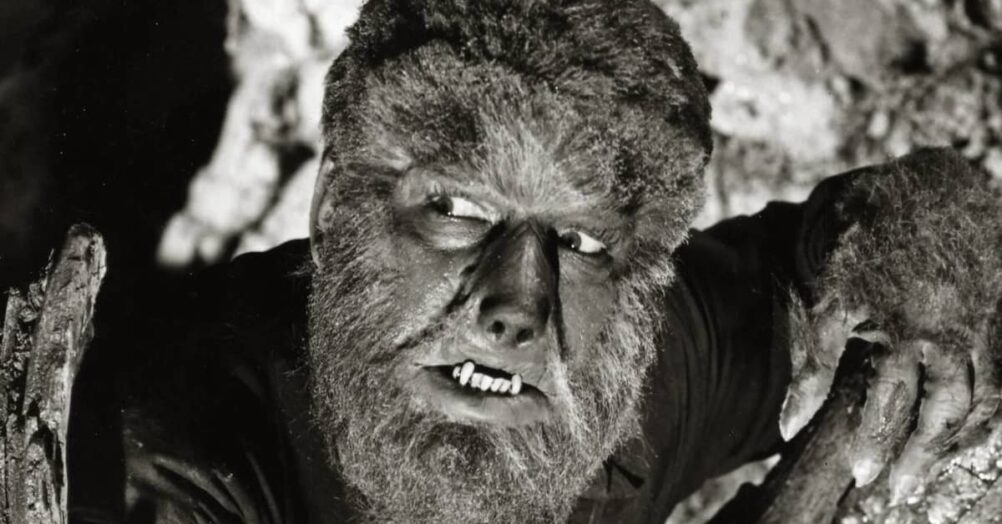
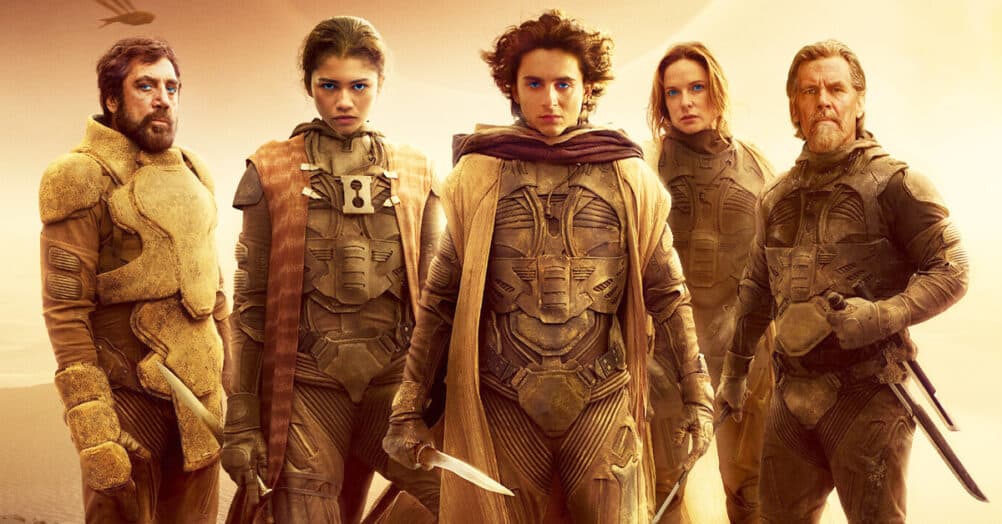
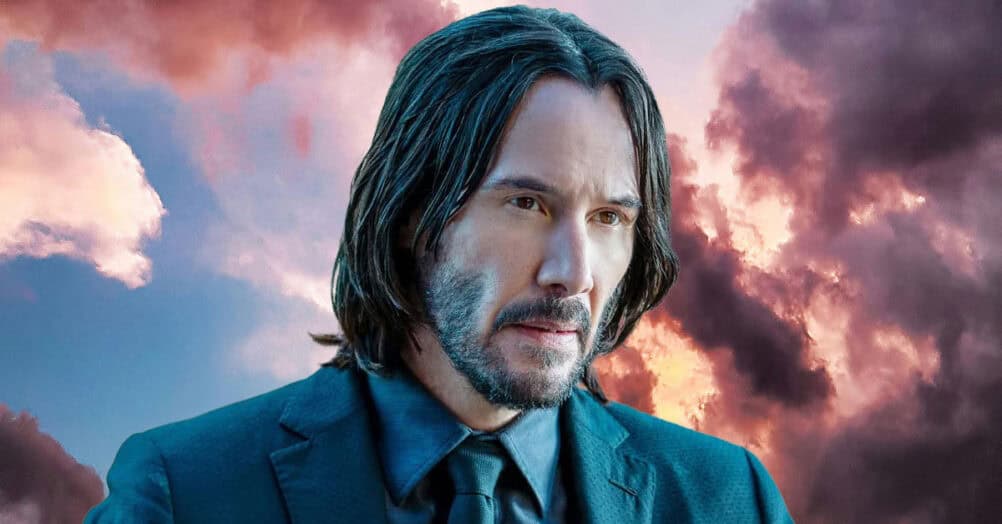
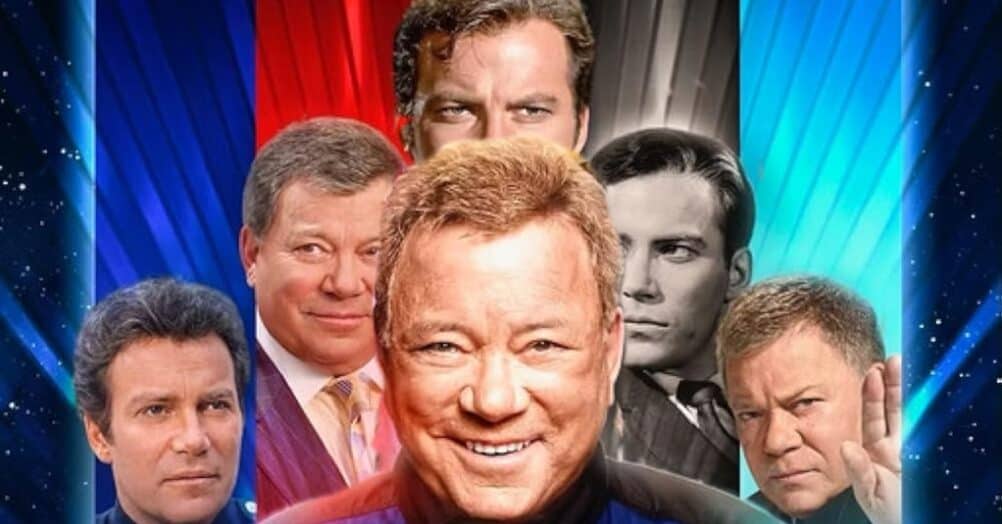

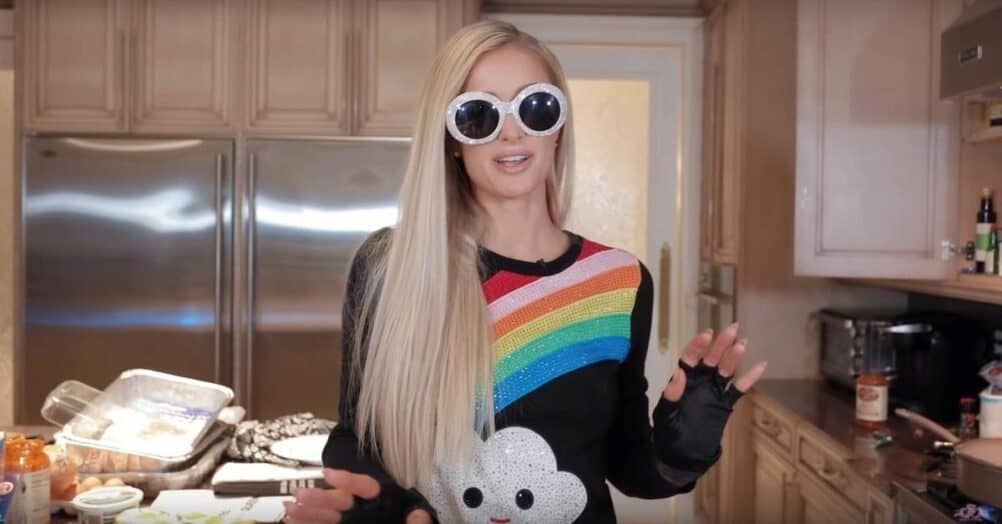
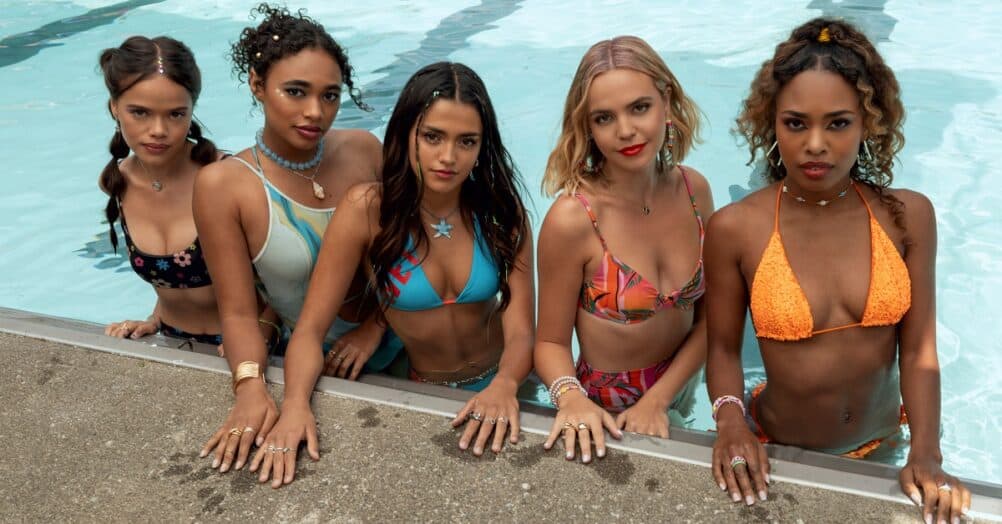
Follow the JOBLO MOVIE NETWORK
Follow us on YOUTUBE
Follow ARROW IN THE HEAD
Follow AITH on YOUTUBE